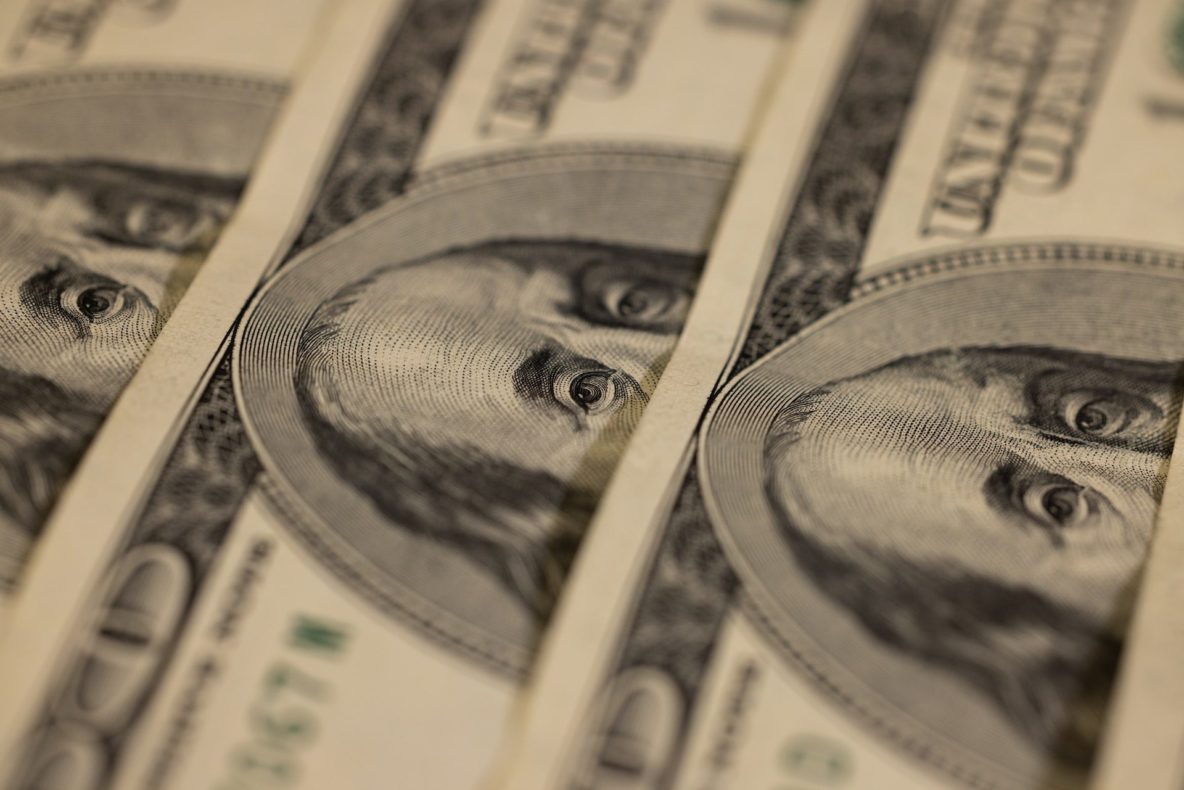Inflation has been in the news quite a bit lately. A number of categories saw significant increases, including cars, gas, food and restaurant meals. Compared to last year, core inflation increased 4% in September.
Because of COVID-19, factories in Asia continue to close and operations at U.S. ports are slowed. High demand and significant bottlenecks in the supply chain will keep inflation high for a long time.
What effect does this have on Albuquerque's real estate market?
The Inventory Issue
There has been a bubble in everything, not just the housing market, because interest rates have been kept so low for so long. Due to limited inventory, there is also inflationary pressure on the housing market. The industry faces a variety of problems that contribute to limited inventory levels.
The first problem is that many homeowners aren't putting their houses on the market. This is due to factors like lockdowns, but also the fear they won’t be able to find a new one to buy.
There are construction delays due to supply chain bottlenecks as well.
Albuquerque home buyers are often having to put in bids well above asking to get properties, creating a frustrating situation, to say the least.
Other Inflationary Effects On Real Estate
There are other ways inflation can affect how much you pay for a home in addition to the situations described above.
Inflation refers to a rise in the price of everyday items. Homes are built with those everyday goods. A builder will increase the price of a home if the cost of lumber or appliances goes up.
In some cases, however, inflation can have oppositional effects on real estate. If inflation rises, then theoretically, money should become more expensive to borrow. People borrow less of it, so there are fewer home purchases and that can lead to lower economic growth. Right now, that’s not happening however, because as mentioned, interest rates remain low.
When the Central Bank increases the money supply into the economy, which is a primary driver of inflation, home prices tend to automatically go up as a result.
Real Estate Can Protect You Against Inflation
Although inflation can negatively affect real estate through higher prices, it can also protect you from its effects.
As home prices go up over time, you’re lowering the loan-to-value of your debt. You’re simultaneously increasing your equity, but your fixed-rate mortgage payments will stay the same.
A real estate investor who earns income from rental properties will likely be able to charge higher rent when inflation increases. The rent can be adjusted while the mortgage remains the same.
Finally, in general, home prices do also tend to go up steadily over time. The homes that hit bottom prices during the real estate bubble burst of 2008 were back up to pre-crash prices in less than ten years in most cases.
The relationship between housing and inflation can go in both directions. If you’re a buyer right now, inflation isn’t good news, but if you own a home, it can be one of the best ways to protect yourself against rising prices.
